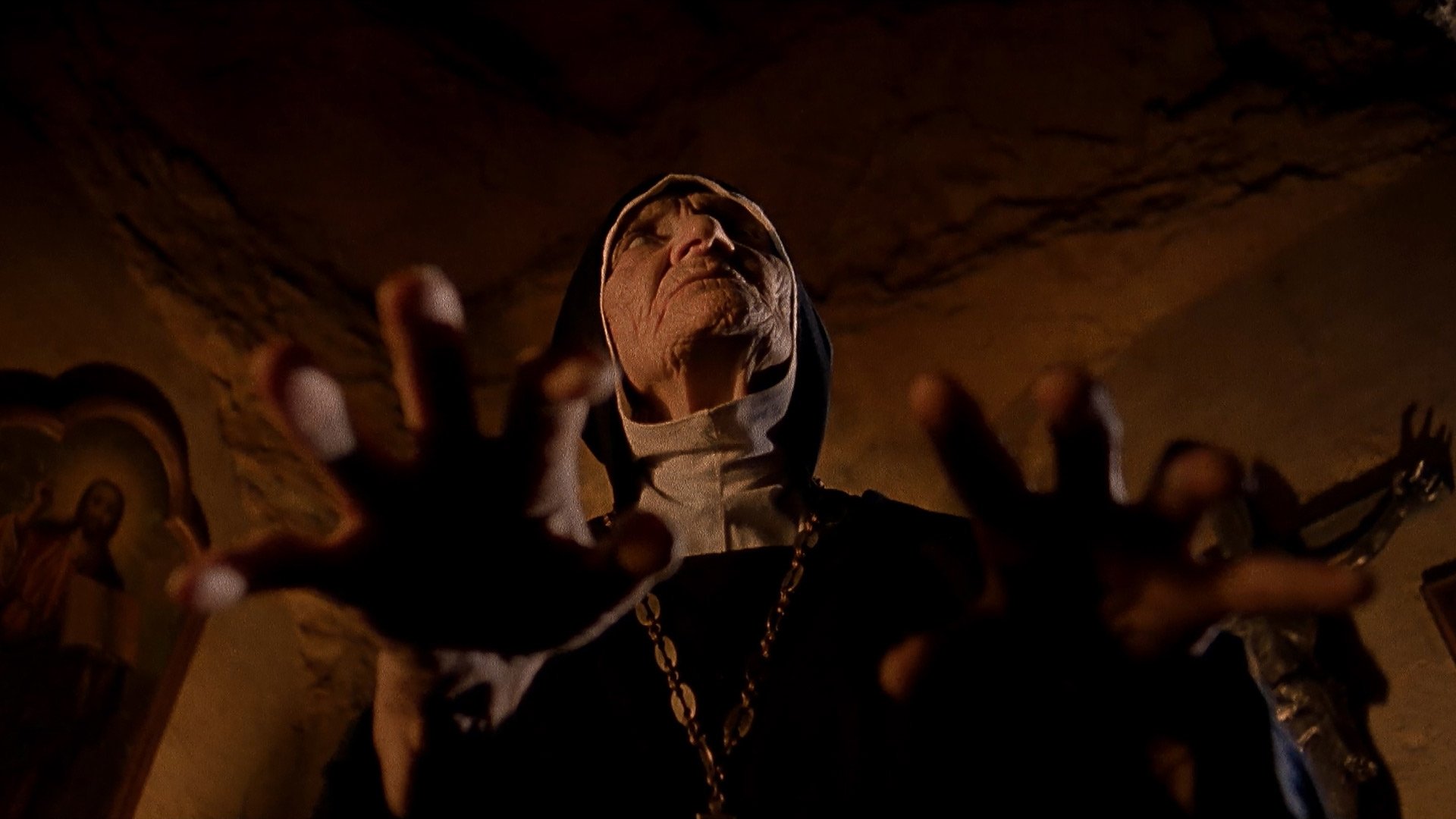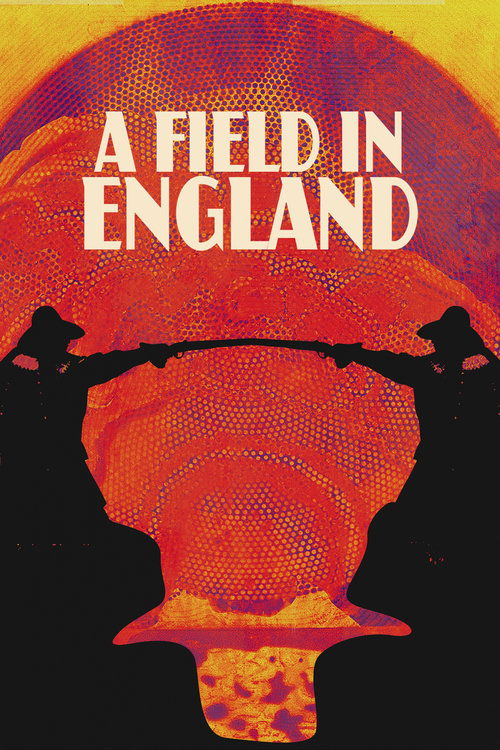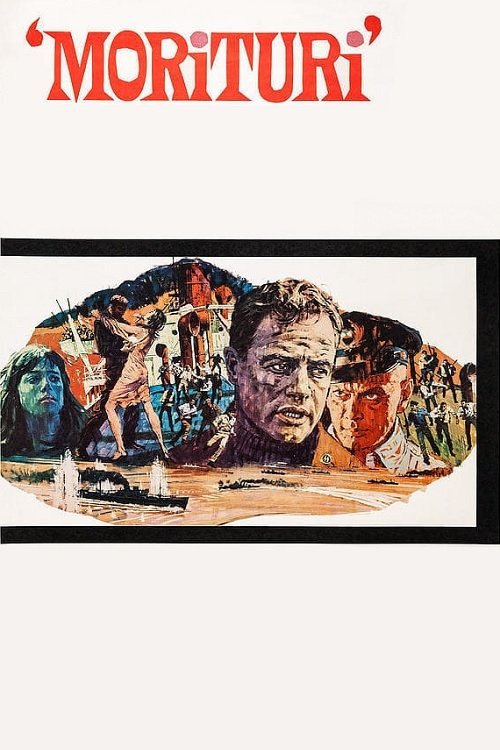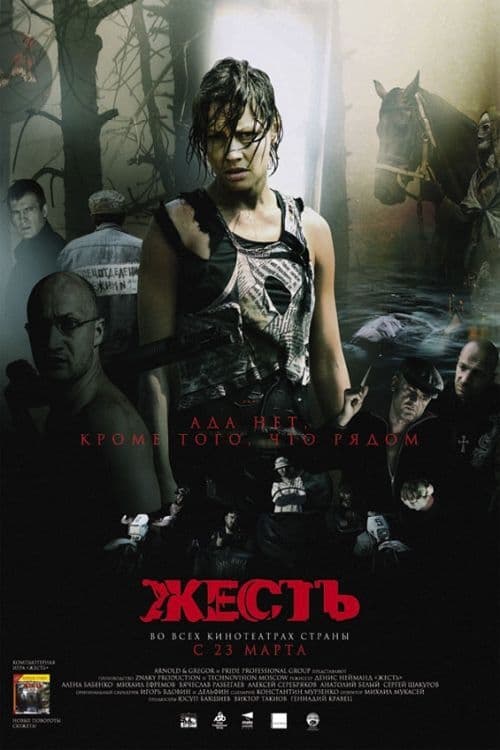
1993
Dark Waters
Horror, Mystery
6.0
User Score
83 Votes
Status
Released
Language
en
Budget
$0
Production
Victor Zuev Productions
Overview
After the death of her father, a young woman travels to a remote convent on an island in the Black Sea to find out why her father funded it for years.
Review
tmdb17996075
10.0
**Very Lovecraftian horror film**
The first time I saw this movie, I knew one thing: I was very intrigued by it, maybe even mesmerized, but I was also confused about the plot, as I found the story construction very hard to follow. I realize now that director Mariano Baino had no interest in making use of a classical narrative structure to tell the story. This film gave me the impression that someone was able to record another person's nightmare and turn it into a movie, with some editing work on the side. The plot presents inconsistencies, and events that are somewhat incoherent or hard to explain. Coherence is not the strongest point of this film, which reminded me of other horror Italian horror directors such as Lucio Fulci or Michele Soavi, among others, whose films are powerful in imagery and horror elements, while not putting much effort on the consistence of the story. The effort that Mariano Baino doesn't put in making the story all polished and tidy, he compensates it by creating a dark, oneiric atmosphere, which makes it easy to forgive and even appreciate illogical situations, that in other cases, one would criticize.
In "Dark Waters", a young English woman named Elizabeth travels to an old rural island in Russia, after finding out that her recently deceased father had been sending money to a convent there. At the same time, Elizabeth has been receiving letters from a friend of hers named Theresa, who also happens to live in said convent (presumably because she wants to become a nun). In these letters, Theresa tells Elizabeth that she has a special connection to the convent, which prompts her visit to the place.
Theresa is brutally murdered by a nun, after finding a hidden amulet. When Elizabeth arrives, she is told that Theresa simply left without giving explanations. The mother superior assigns a friendly young nun called Sarah as a guide during Elizabeth's visit. When Elizabeth settles in, she starts having visions about her past, dreams about the convent and herself as a little girl. At some point, Elizabeth tells Sarah that she wasn't born in England and she was actually born in the island, but doesn't remember anything from her childhood years. In the form of dreams and flashbacks, the mysteries surrounding Elizabeth's life begin to unravel, until she comes to realize that her connection with the island goes way back, to those missing years of her childhood that she can't remember.
"Dark Waters" is gifted with an undeniable Lovecraftian nature and this is not merely a coincidence, since this film was originally conceived as an adaptation of "The Shadow Over Innsmouth", with an entire town filled with mutants, instead of evil nuns and creepy villagers. Though the story was eventually changed due to budgetary reasons, the Lovecraftian elements can still be found, such as the impossibility to escape fate. Elizabeth, our young lead, finds herself traveling to a remote place, with vague reasons that simply don't quite justify her trip, but she travels anyway, because it's her destiny to be there and come across the truth about herself and those years that she can't recall. Elizabeth's presence on the island brings chaos and horrible events that are meant to occur. Another Lovecraftian element that we can find is questionable parentage, because in Lovecraft literature, it is frequent for the relatives of the main characters to be depicted as abnormal, which is something that can be found in this story as well. Also, throughout the film, Elizabeth reads different quotes from ancient books that she finds at the library inside the convent, and these passages are very reminiscent of Lovecraft, such as "She who was, and is not, and yet is". The apocalyptic nature of "Dark Waters" is also very similar to what one could find in Lovecraft's stories, in which humans are portrayed as insignificant beings that are destined to surrender to beastly and ominous creatures from a higher realm.
Though the acting is mostly plain and the dialogs are rather artificial, this actually works in favor of the narrative, as it builds a dream-like surrealistic atmosphere. Was this supposed to be intentional? I'm not so sure; this artificial dialogs and monotonous voice tone is very common in co-productions, where the actors are supposed to speak English, even though it's not their native language, which leads to effortless dubs, that sound out of place
and mystifying in this particular case. The photography and the locations in this film are brilliant and one of the main reasons why the imagery seems to be taken out of someone else's nightmare. The lights and shadows are handled perfectly, giving and eerie effect to the convent and even the nuns, who seem to appear from out of nowhere. The music composed by Igor Clark is very fitting. In more than one occasion, we hear a pipe organ playing a dark melody, which I found to be very old school and Gothic.
I will most likely have to see this film more times to fully appreciate it, because it seems like "Dark Waters" is one of those stories that simply get better the more one sees it, as it probably contains a lot of things that are not too out there.
Read More 



